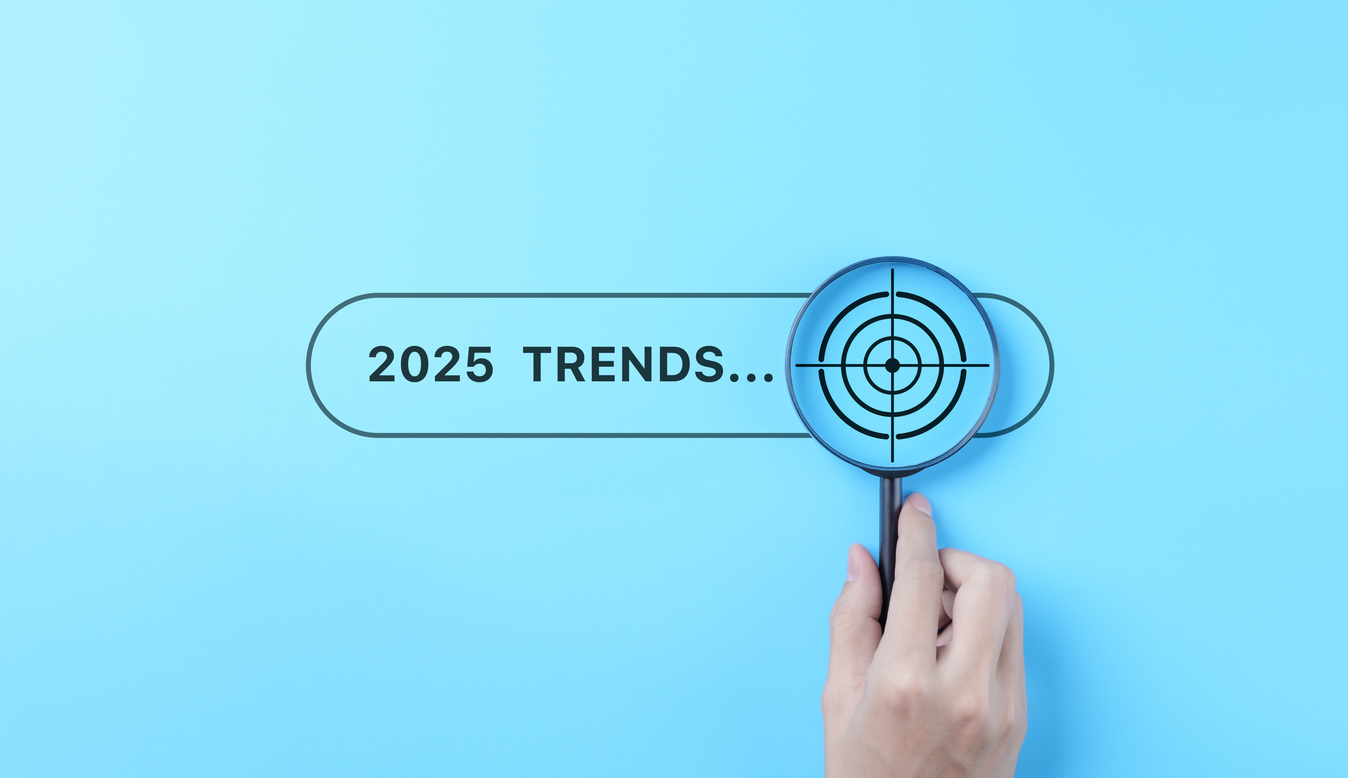Business Trends Predicted for 2025: The Future of Commerce, AI, and Entrepreneurship
As businesses around the globe look to 2025, several key trends are set to reshape the landscape, influencing how companies interact with consumers, utilize technology, and adapt to an ever-changing environment. From AI innovations to the rise of socially conscious businesses, the trends emerging in 2025 will require businesses to be more agile, customer-focused, and sustainable. Here’s an in-depth look at the trends expected to dominate business in 2025.
1. The Rise of Discerning Consumers
Consumer expectations are more sophisticated than ever before. Over the past decade, businesses have raised the bar on what is considered exceptional service. Consumers now expect a seamless, personalized experience, and this trend is expected to intensify by 2025.
With access to endless information, reviews, and peer recommendations, customers are increasingly becoming experts in identifying great service. They no longer simply expect a product—they expect a frictionless journey from discovery to post-purchase. For businesses, this means ensuring every touchpoint, whether it’s in-store or online, offers consistent, exceptional experiences. To stay ahead, businesses must continually exceed expectations and anticipate consumer needs to build lasting loyalty.
2. Artificial Intelligence: Beyond Customer Experience
While AI’s role in enhancing customer experience has been widely discussed, its applications are expected to broaden significantly in 2025. Organizations are increasingly adopting AI to streamline internal operations and improve efficiency.
AI will help businesses optimize processes like supply chain management, predictive analytics, and customer personalization, which will drive cost savings and operational efficiency. Additionally, AI will continue to support employees, particularly frontline workers, by providing them with instant access to accurate information. For customer service representatives, this will not only improve customer interactions but also enhance job satisfaction, ultimately leading to better employee retention.
Moreover, AI’s application in decision-making processes will enable companies to foresee industry trends and consumer behavior with unprecedented accuracy, giving them a competitive edge in a rapidly evolving marketplace.
3. Customer Service as a Core Philosophy
Customer service is increasingly becoming a company-wide philosophy rather than a department focused solely on solving complaints. Leading companies are integrating customer-centric strategies into every aspect of their operations.
In 2025, organizations will realize that customer service isn’t just about resolving issues—it’s about creating a seamless experience that reflects the brand's values. Every department, from marketing to product development, will be expected to contribute to a positive customer journey. This will require breaking down silos within organizations and fostering cross-departmental collaboration to enhance every interaction customers have with a brand.
4. Convenience is King
Consumers’ preference for convenience has been steadily increasing, and it will continue to dominate in 2025. Businesses that streamline processes—from purchasing to customer service—will be the ones that succeed in retaining customer loyalty.
In 2025, expect more businesses to focus on simplifying every aspect of the customer experience. This includes intuitive e-commerce platforms, hassle-free returns, faster response times, and more personalized services. Offering convenience not only attracts customers but also builds long-term relationships, as consumers gravitate toward brands that save them time and effort.
Companies that leverage technology to create seamless, multi-channel experiences will have the competitive advantage in this area.
5. AI Regulation and Ethical Guidelines
As AI becomes more integrated into business operations, governments around the world are expected to implement more regulations to ensure its ethical use. While the specifics of these regulations are still being developed, businesses will need to prepare for more transparency and accountability when using AI to interact with consumers.
By 2025, AI-driven customer service systems will likely have to disclose to consumers that they are interacting with a machine. This transparency is crucial to maintaining trust with customers, who may be wary of the implications of AI. Organizations that prioritize ethical AI use, ensuring transparency and data privacy, will not only comply with regulations but also enhance their reputations as trustworthy, responsible entities.
6. The Surge in Entrepreneurship
Entrepreneurship is on the rise, fueled by changing global circumstances, including the impact of the COVID-19 pandemic. In 2025, more individuals are expected to embrace the entrepreneurial spirit, launching businesses that reflect their personal values and innovative ideas.
This wave of entrepreneurship is partly driven by the instability of traditional employment and the desire for independence. Many are turning to entrepreneurial ventures as a way to achieve financial freedom and follow their passions. This trend is expected to have a positive impact on job creation, innovation, and economic growth. Companies that nurture entrepreneurial talent—through mentorship programs, investments, and partnerships—will see the benefits of fresh ideas and agile business models.
Related: Seven Key Trends Shaping UK Small Businesses in 2025
7. Social Media Marketing: A Powerhouse for Business Growth
Social media marketing will remain one of the most powerful tools for businesses seeking to engage with their target audience and increase sales. By 2025, businesses will continue to shift their focus from traditional marketing strategies to more interactive and personalized content on platforms like TikTok, Instagram, and LinkedIn.
As influencer marketing continues to grow, companies are increasingly collaborating with micro and macro influencers to promote their products. For businesses, the ROI from influencer partnerships is significant, with an average return of $5.78 for every dollar spent on influencer marketing. Social media platforms will evolve further, introducing features that allow businesses to connect with audiences in creative and impactful ways.
In 2025, expect businesses to create highly targeted and visually compelling campaigns, tapping into user-generated content and viral trends to build brand loyalty and increase sales.
Related: CEOs Under Siege: The Alarming Rise of Anti-Corporate Sentiment and Violence
8. Sustainability and Ethical Business Practices
As consumers become more socially and environmentally conscious, businesses in 2025 will be under increasing pressure to operate sustainably. Companies will need to demonstrate their commitment to reducing environmental footprints and maintaining ethical supply chains.
Brands that focus on sustainability, from eco-friendly product offerings to transparent sourcing and manufacturing processes, will foster customer loyalty. Additionally, companies that support social causes and demonstrate corporate social responsibility (CSR) will resonate with consumers who prioritize ethics and integrity in their purchasing decisions.
In 2025, sustainability will no longer be a buzzword but a requirement for businesses that want to maintain consumer trust and market relevance.
Related: Drive Success in Q1: Strategic KPI Planning for Small Businesses
9. Hybrid Work Models: Shaping the Future of Work
The future of work will be defined by hybrid models, with employees working both remotely and in-office. By 2025, businesses will refine these models to create flexible, tech-enabled environments that promote collaboration, productivity, and employee well-being.
Organizations will focus on offering flexible scheduling, tools for seamless communication, and wellness programs to maintain employee satisfaction and retention. Companies that invest in their employees’ well-being will create a more engaged workforce, which is key to driving business success in the long term.
10. Data as the Backbone of Business Strategy
Data-driven decision-making will be the cornerstone of successful businesses in 2025. Organizations will increasingly rely on data to personalize experiences, streamline operations, and make informed business decisions.
In the coming years, businesses will harness the power of big data and analytics to predict customer behavior, optimize marketing strategies, and improve operational efficiency. Those who can effectively use data to understand their customers and make proactive decisions will outpace competitors who rely on intuition alone.
As 2025 approaches, businesses must be ready to adapt to these dynamic trends. From AI integration to the rise of entrepreneurial ventures, staying ahead of these shifts will require innovation, agility, and a customer-centric approach. Companies that embrace change, invest in technology, and prioritize sustainability will not only thrive—they will set the stage for long-term success in an increasingly complex and competitive global market.









